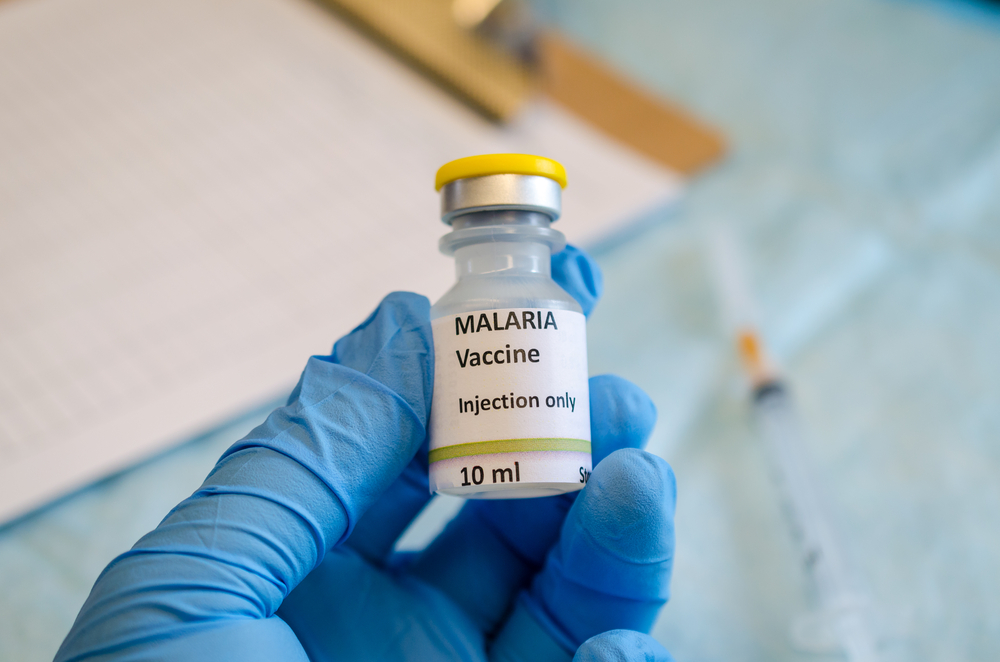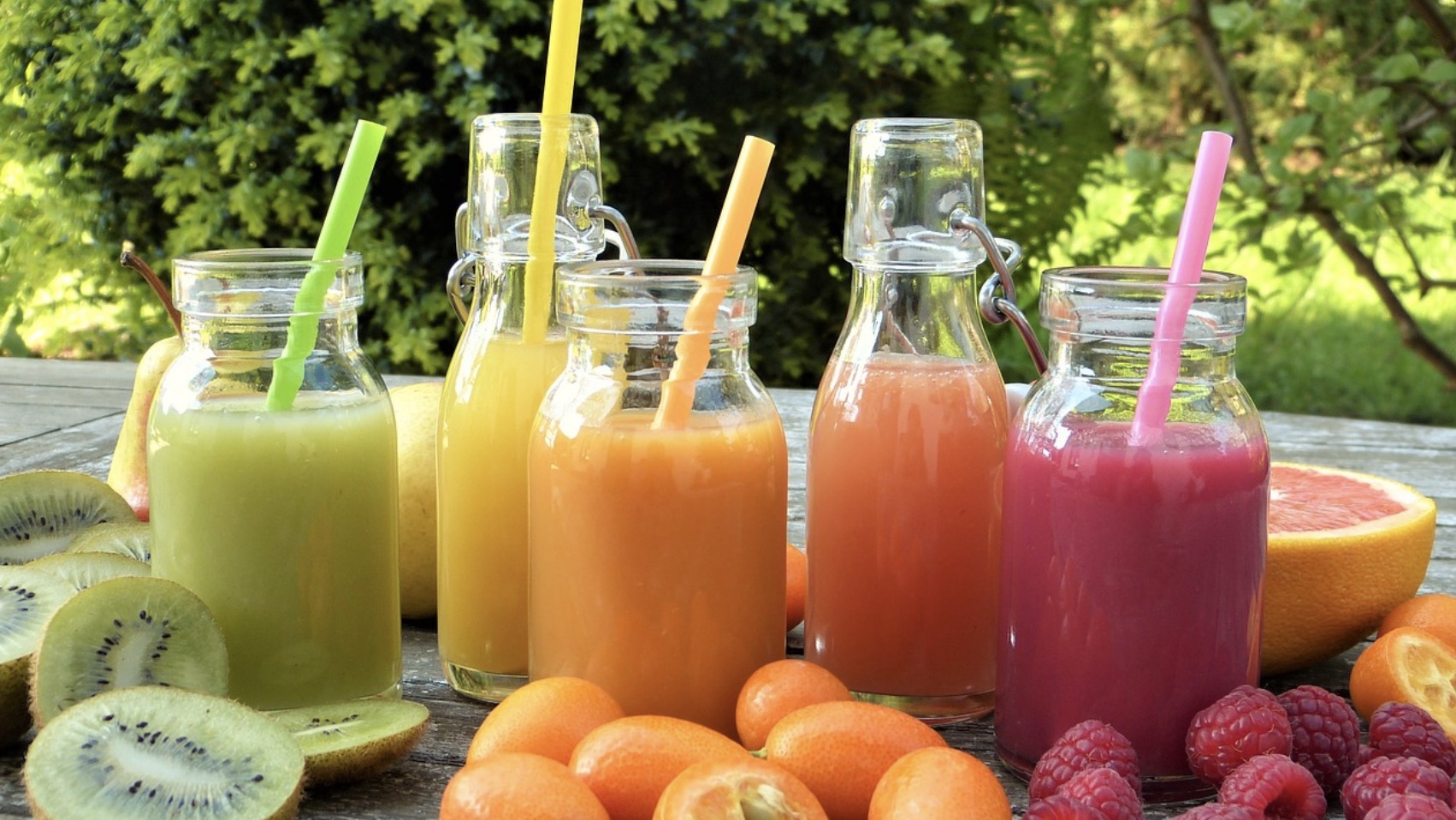
The latest tips to prevent and treat malaria give up-to-date facts on four malaria interventions: malaria vaccine, anti-malarial medication, malaria vector control, and a healthy diet.
No one should die from a disease that can be prevented and diagnosed, and that is entirely curable with available treatments
World Health Organisation, November 2018
Unfortunately, despite the WHO’s “high burden to high impact” principle, malaria has probably caused four times as many deaths as COVID-19 over the past year in Africa.
Video on the new “High burden high impact” response
The World Health Organisation estimated about 229 million cases of malaria in 2019. Also, globally, malaria’s annual death toll stands at over 400,000. Two-thirds of these deaths are among African children under five years of age.
A reality check reveals billions of dollars are spent each year on malaria control interventions and antimalarial drugs to reduce the death rates. But, as the years go by, new technologies become necessary to target a 90% reduction in deaths by 2030.
Global technical strategy for malaria 2016–2030
So, the latest tips to prevent and treat malaria examine the role of malaria vaccines, anti-malarial medication, malaria vector control, and a healthy diet in the fight against malaria.
Malaria Vaccines

The idea of preventing malaria through vaccination is not new. It has been around for a long time with over 140 malaria vaccines tested in humans.
The latest vaccine is RTS,S/AS01 (RTS,S). RTS, S is the first and, to date, the only vaccine that can significantly reduce malaria, and life-threatening severe malaria, in young African children. The vaccine acts against P. falciparum, the deadliest malaria parasite globally and most widespread in Africa. For instance, among children who received 4 doses in large-scale clinical trials, the vaccine prevented around 4 in 10 cases of malaria over a 4-year period.
The pilot RTS, S vaccine program was introduced in Ghana, Kenya, and Malawi in 2019. These sub-Saharan countries have moderate and high malaria transmission. The pilot had three goals. First, to check the best way to deliver 4 doses of RTS, S. Second, to determine how the vaccine can reduce childhood deaths. Third, to diagnose vaccine safety in the context of routine use.

A phase 3 trial was scheduled to start in four African countries in late April 2021. The aim is to test the safety and efficacy of the malaria vaccine in a much bigger setting. Thereafter, if the trial is successful, speed up the process of approval.
On 6 October 2021, WHO recommended the groundbreaking RTS, S/AS01 malaria vaccine for children at risk.
8 Major Q&A About COVID-19 Vaccines
Preventive Antimalarial Medication

Antimalarial medicines can be used to prevent malaria through chemoprophylaxis. It suppresses the blood stage of malaria infections and ultimately prevents malaria disease. For example, 3 doses of preventive treatment with sulfadoxine-pyrimethamine should be administered to pregnant women. This should be done at each antenatal visit after the first trimester. Similarly, for infants living in high-transmission areas of Africa, 3 doses of sulfadoxine-pyrimethamine should be delivered alongside routine vaccinations.
In 2012, seasonal malaria chemoprevention was added to the malaria prevention strategy for the sub-region of Africa. This prevention strategy involves monthly courses of amodiaquine, plus sulfadoxine-pyrimethamine, for all children under 5 years of age.
ACT Malarial Treatment
/black-mother-giving-son-cough-syrup-152400847-595570bd5f9b5815d90e1594.jpg)
The best available treatment, particularly for P. falciparum malaria, is artemisinin-based combination therapy (ACT).
The preferred practice is to diagnose all suspected malaria cases prior to treatment. This should be done using parasite-based diagnostic testing. Although, treatment based on symptoms should only be done when a diagnosis is not possible.
Also remember that by protecting the efficacy of antimalarial medicines, you can control and eliminate malaria. As such, it is important to monitor drug efficacy. Not only for effective malaria treatment policies. But also to enable early detection of, and response to, drug resistance.
https://www.who.int/news-room/fact-sheets/detail/malaria
Malaria Control Interventions
OK, perhaps you assume malaria fatality is unlikely with several malarial treatment options. You may also know it is better to prevent malaria-carrying mosquito bites than experience malaria symptoms or even death. So avoiding mosquito bites is vital. For this reason that anti-malarial medication only reduces your risk of infection by 90%.
The WHO identifies malaria vector control as the main strategy to prevent bites and reduce malaria transmission. Thus, suggests insecticide-treated mosquito nets and indoor residual spraying as the two major protection against mosquito bites.
Insecticide-treated mosquito nets
Sleeping under an insecticide-treated net (ITN) can reduce contact between you and mosquitoes. This is done through the ITN offer of a physical barrier and an insecticidal effect. Subsequently, you get more protection from mosquito bites and malaria by using such nets. For example in 2019, an estimated 46% of all people at risk of malaria in Africa were protected by an insecticide-treated net, compared to 2% in 2000.

Indoor residual spraying
Indoor residual spraying (IRS) with insecticides is another powerful way to reduce malaria transmission. It involves spraying the inside of housing structures with insecticide or insect repellents.
Insecticides
Insecticides are insect killer sprays with instant killing power for flying and crawling insects such as mosquitoes, flies, and cockroaches. The insect killer is sprayed in short bursts directly on insects. Or into places where they hide. It kills instantly, and the overpowering smell keeps them off the sprayed area for a while.
Insect repellents

Insect repellents keep mosquitoes off you. When you use it as instructed, repellents are safe for kids and adults. Then again, keep in mind that repellents do not kill mosquitoes. Hence, you may still see these annoying mosquitos. Though, at least repellents make you more difficult to find.
Healthy Diet For Malarial Patients

A healthy diet for malarial patients is one of the latest tips to prevent and treat malaria. A healthy diet helps malaria treatment by boosting the patient’s immune system. Therefore, adequate nutrition and fluid balance are good options. Find below points to consider in a diet plan for a malarial patient:
Consume instant energy drinks
When you have a fever, your appetite and food tolerance take a dive. This makes calorie intake a big challenge. As a result, it is important to take drinks that provide instant energy. Such as glucose water, sugarcane juice, fruit juice, coconut water, and sorbet (sugar, salt, and lemon with water).
Increase your protein consumption

The need for protein increases as there is a huge tissue loss. A high protein with a high carbohydrate diet is helpful in protein utilization and tissue building. So, it is useful to consume high-value proteins like milk, curd, buttermilk, fish, chicken, and eggs.
Be sensible about your fats intake
While moderate use of butter, cream, and milk is helpful with your digestion. Too much fat in cooking or fried foods worsens nausea and affects digestion which can lead to diarrhea.
Get essential vitamins

Loss of water and electrolytes is very common in malaria. Therefore, juices, soup, fortified water, rice water, and coconut water will help balance your body fluids. Also very useful in boosting immunities are vitamin A and vitamin C-rich foods, such as carrots, beetroots, papaya, citrus fruits, and vitamin B complex.
Drink plenty fluids

Generous fluid intake is essential to make up for the fluid loss from your body. A daily fluid intake of a minimum of 3 liters is a good replacement.
Bottom Line
The latest tips to prevent and treat malaria should assist you in drawing a line against malaria. But if a mosquito still finds you, use hydrocortisone cream or calamine lotion to reduce the itch. Likewise, baking soda paste or a cold pack may lessen the discomfort of a bite.
But you need to see your doctor if a mosquito bite causes fever, severe headache, body aches, nausea, vomiting, swollen glands, a rash, or confusion. An immediate diagnosis and treatment are important. Try to avoid self-treatment for malaria.
https://www.parashospitals.com/blogs/foods-eat-avoid-treating-malaria/
Photo Credit: Creative Commons

